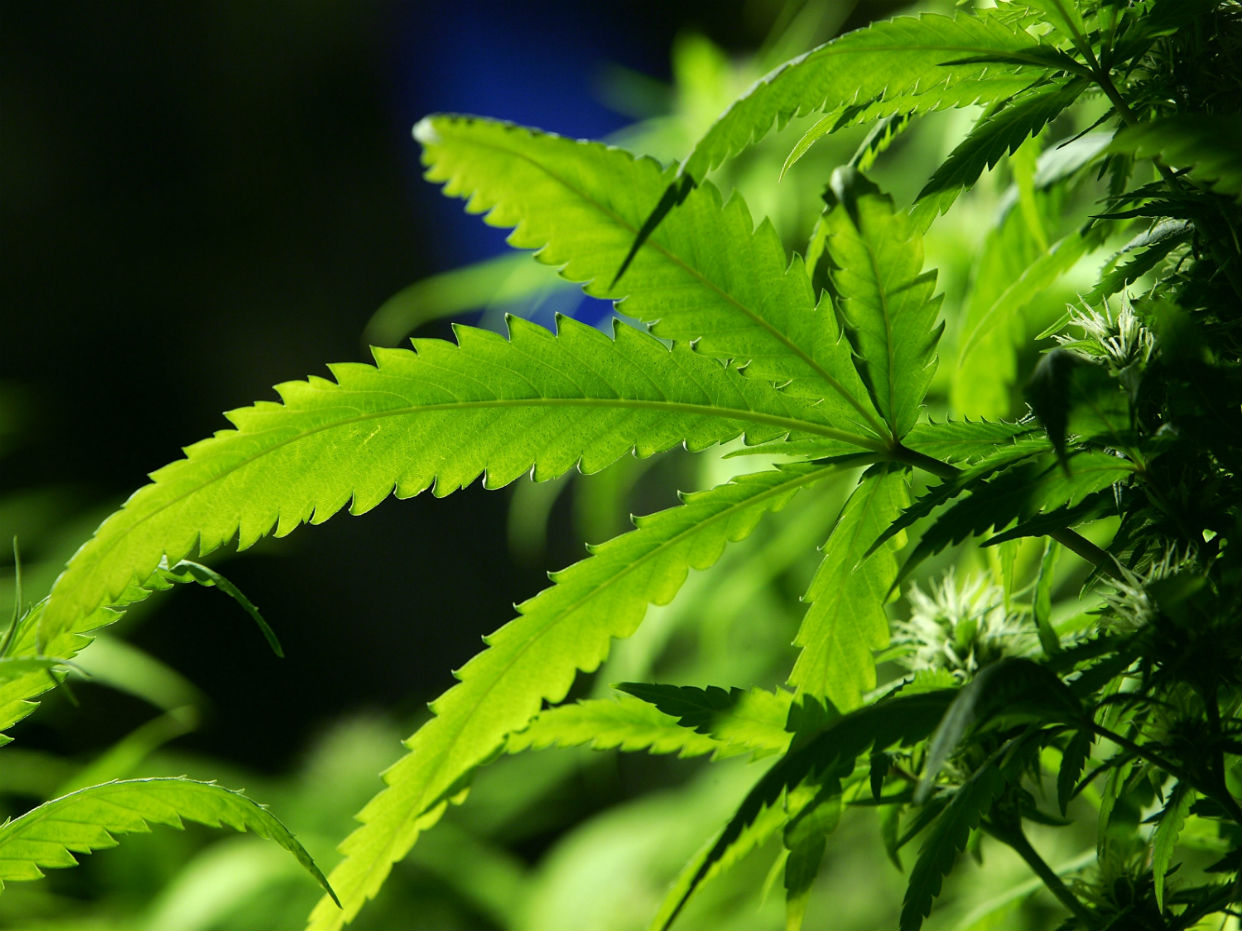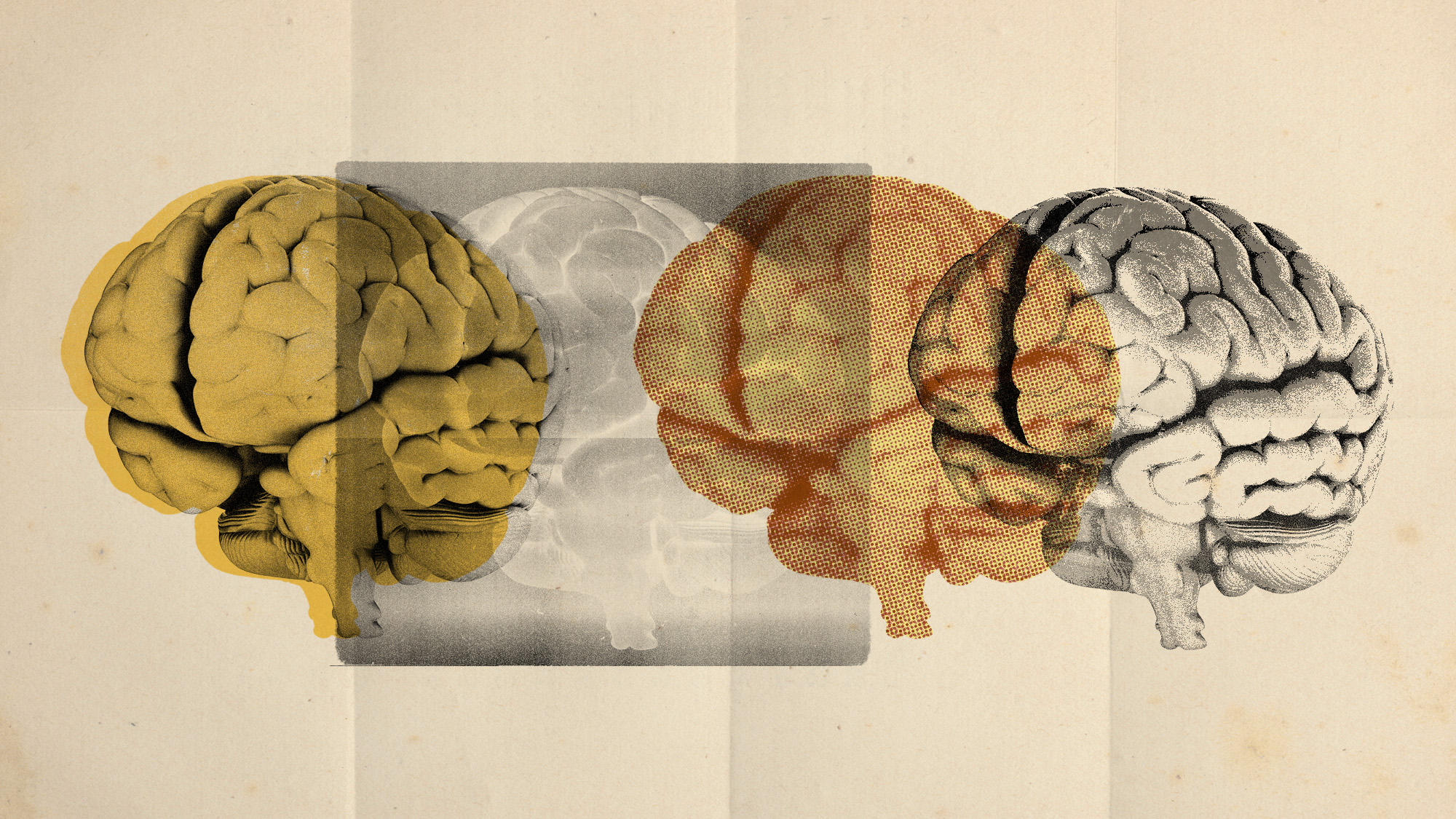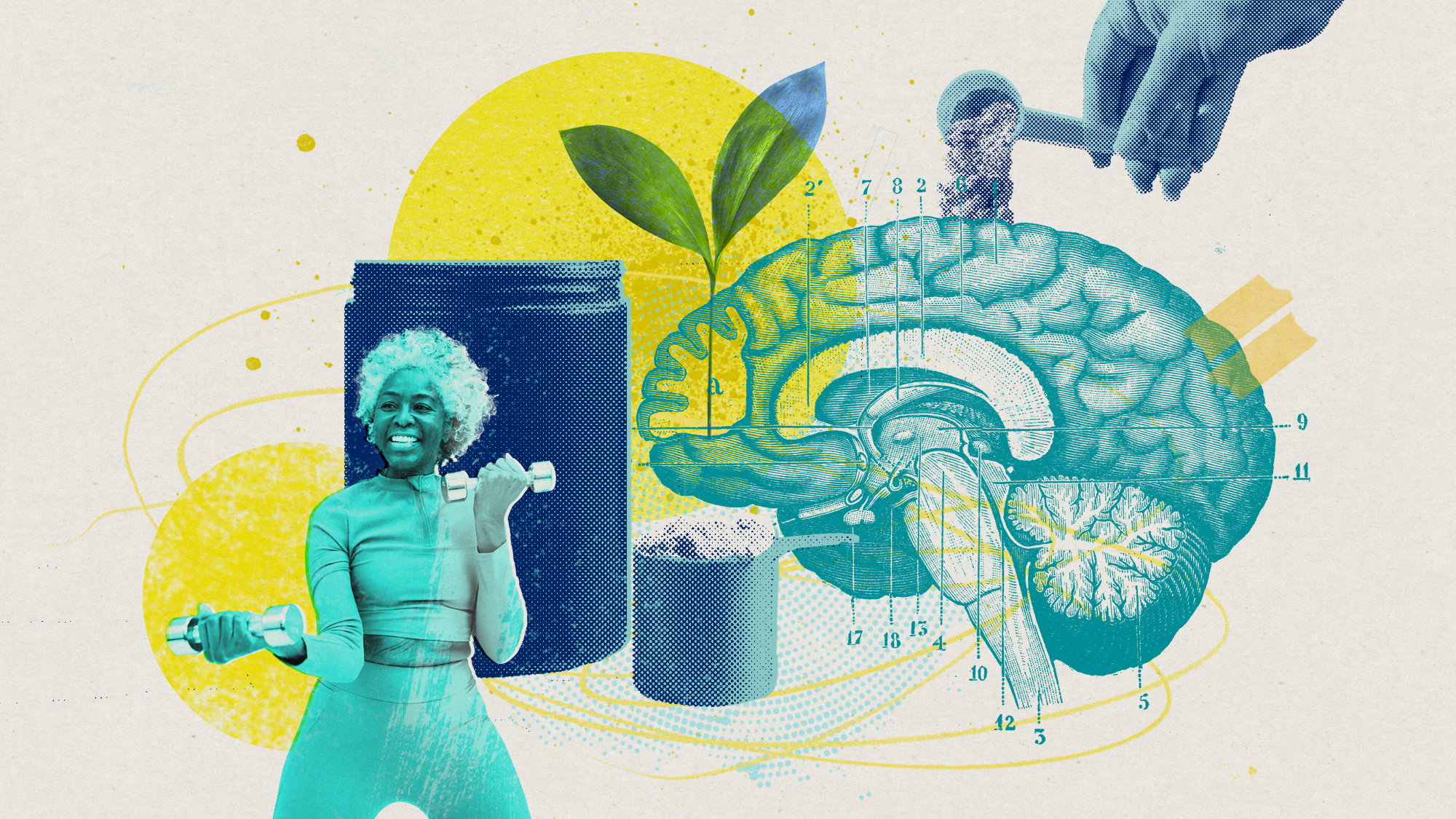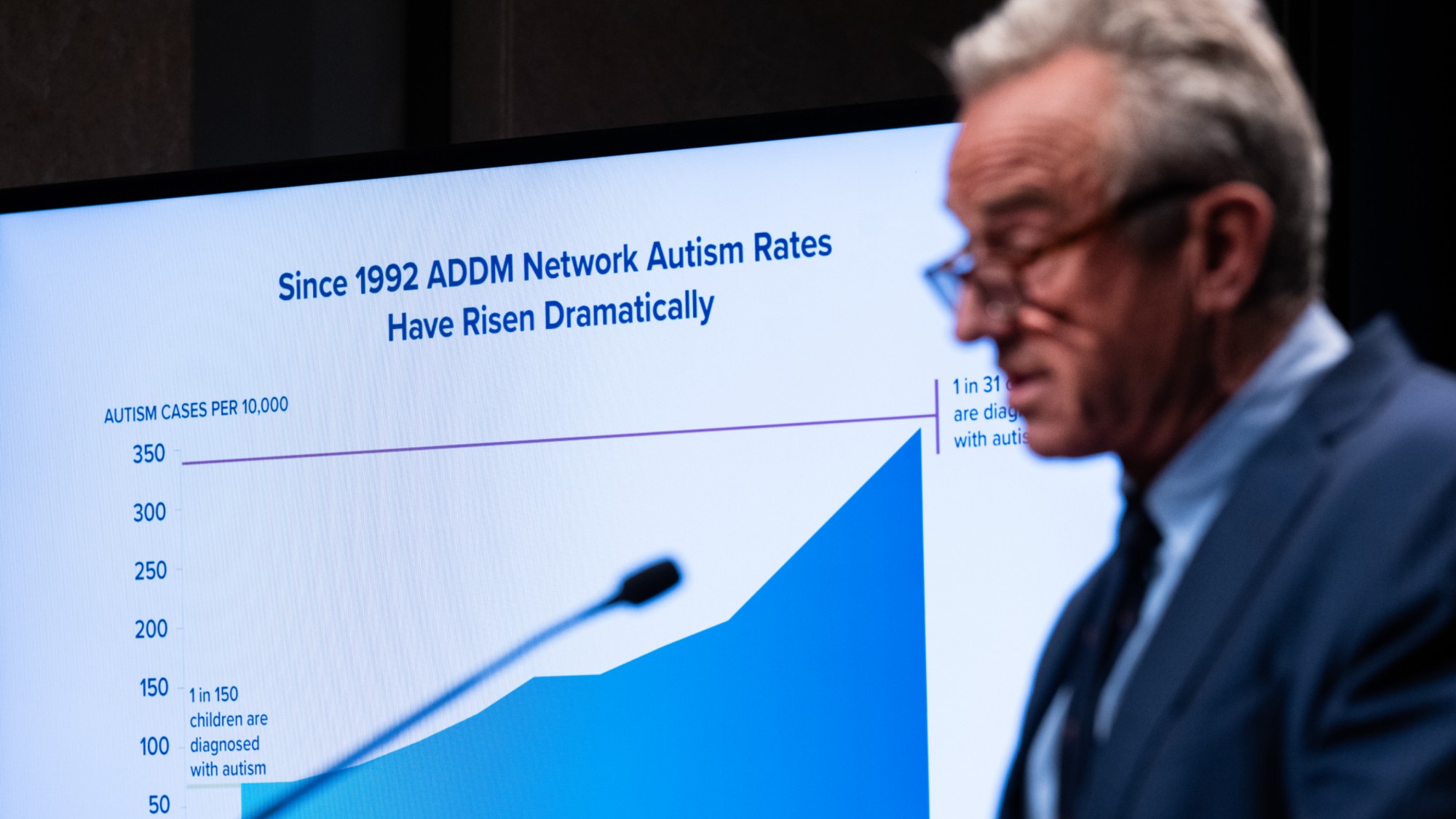High-strength cannabis linked to psychosis
New study says one in ten first-time psychotic disorders may be linked to strong drugs

A free daily email with the biggest news stories of the day – and the best features from TheWeek.com
You are now subscribed
Your newsletter sign-up was successful
People who use high-strength cannabis may be at increased risk of developing serious mental health issues, according to new research.
The study, outlined in a paper in The Lancet Psychiatry journal, found that an estimated one in ten new cases of psychosis may be associated with strong cannabis.
And “in London and Amsterdam, where most of the cannabis that is sold is very strong, the risk could be much more”, reports the BBC.
The Week
Escape your echo chamber. Get the facts behind the news, plus analysis from multiple perspectives.

Sign up for The Week's Free Newsletters
From our morning news briefing to a weekly Good News Newsletter, get the best of The Week delivered directly to your inbox.
From our morning news briefing to a weekly Good News Newsletter, get the best of The Week delivered directly to your inbox.
The researchers, who looked at data from 11 European cities and towns, estimated that 30% of first-time cases of psychotic disorders in London, and half of those in Amsterdam, could be avoided if high-potency cannabis was not available.
The findings back up those of other experts who “have previously flagged a link between cannabis use and psychosis, particularly among vulnerable people with heavy use of the drug”, says The Guardian.
“If you are a psychologist like me who works in this catchment area and sees first-episode psychosis patients, this has a significant impact at the level of services and, I would also argue, family and society,” said Dr Marta Di Forti, lead author of the new study, from King’s College London.
“If you decide to use high-potency cannabis bear in mind there is this potential risk,” she added.
A free daily email with the biggest news stories of the day – and the best features from TheWeek.com
High-strength cannabis, such as that known as “skunk”, has levels of the psychoactive substance tetrahydrocannabinol (THC) above 10%. According to data released last year, 94% of police cannabis seizures in the UK were of high-strength varieties.
The new study found that daily cannabis users in Amsterdam were seven times more likely to develop a psychotic disorder than people who had never used the drug. “Almost all cannabis sold in ‘coffee shops’ in Amsterdam is high-strength, while varieties with 67% THC have been found in the Netherlands,” notes The Guardian.
Study-co-author Professor Robin Murray said the research had implications for the debate on whether cannabis should be legalised.
“If you are going to legalise cannabis, unless you want to pay for more a lot more psychiatric beds and a lot more psychiatrists, then you need to devise a system where you would legalise in a way that wouldn’t increase the consumption and increase the potency,” he said.
-
 Sepsis ‘breakthrough’: the world’s first targeted treatment?
Sepsis ‘breakthrough’: the world’s first targeted treatment?The Explainer New drug could reverse effects of sepsis, rather than trying to treat infection with antibiotics
-
 James Van Der Beek obituary: fresh-faced Dawson’s Creek star
James Van Der Beek obituary: fresh-faced Dawson’s Creek starIn The Spotlight Van Der Beek fronted one of the most successful teen dramas of the 90s – but his Dawson fame proved a double-edged sword
-
 Is Andrew’s arrest the end for the monarchy?
Is Andrew’s arrest the end for the monarchy?Today's Big Question The King has distanced the Royal Family from his disgraced brother but a ‘fit of revolutionary disgust’ could still wipe them out
-
 ‘Longevity fixation syndrome’: the allure of eternal youth
‘Longevity fixation syndrome’: the allure of eternal youthIn The Spotlight Obsession with beating biological clock identified as damaging new addiction
-
 RFK Jr. sets his sights on linking antidepressants to mass violence
RFK Jr. sets his sights on linking antidepressants to mass violenceThe Explainer The health secretary’s crusade to Make America Healthy Again has vital mental health medications on the agenda
-
 The app tackling porn addiction
The app tackling porn addictionUnder the Radar Blending behavioural science with cutting-edge technology, Quittr is part of a growing abstinence movement among men focused on self-improvement
-
 Scientists have identified 4 distinct autism subtypes
Scientists have identified 4 distinct autism subtypesUnder the radar They could lead to more accurate diagnosis and care
-
 'Wonder drug': the potential health benefits of creatine
'Wonder drug': the potential health benefits of creatineThe Explainer Popular fitness supplement shows promise in easing symptoms of everything from depression to menopause and could even help prevent Alzheimer's
-
 Fly like a breeze with these 5 tips to help cope with air travel anxiety
Fly like a breeze with these 5 tips to help cope with air travel anxietyThe Week Recommends You can soothe your nervousness about flying before boarding the plane
-
 RFK Jr.'s focus on autism draws the ire of researchers
RFK Jr.'s focus on autism draws the ire of researchersIn the Spotlight Many of Kennedy's assertions have been condemned by experts and advocates
-
 Mental health: a case of overdiagnosis?
Mental health: a case of overdiagnosis?Talking Point Issues at 'the milder end of the spectrum' may be getting wrongly pathologised